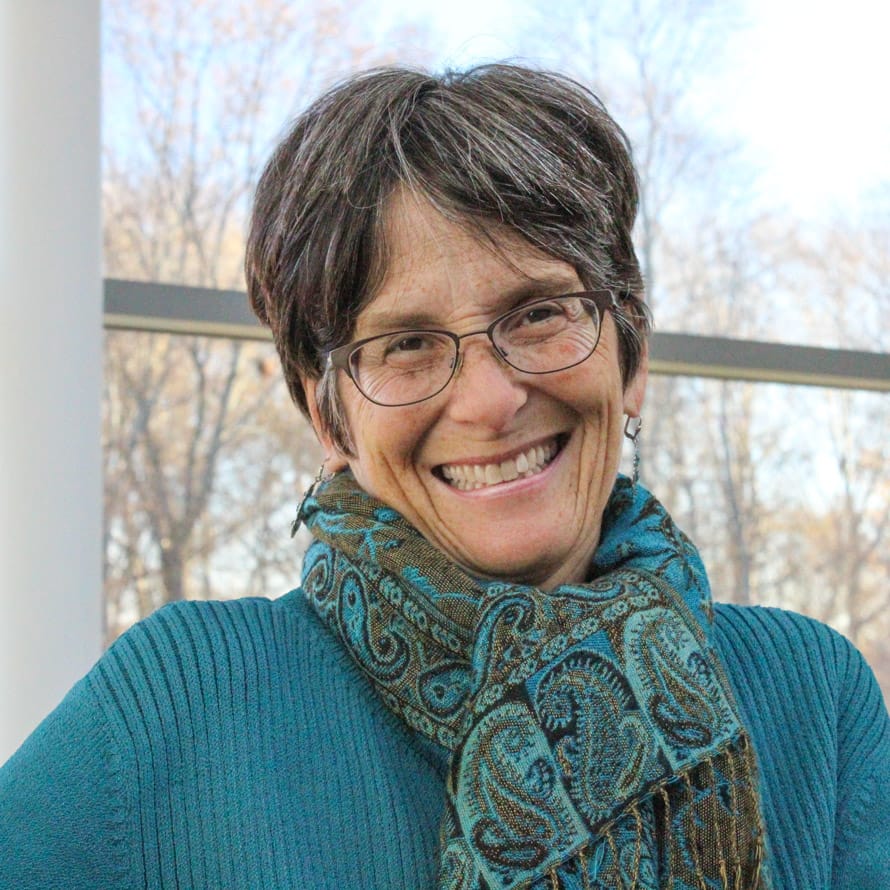Community Blog Speaking Torah: Hesed is at the heart of our work as educators, cantors, and as rabbis

This week, I had the privilege of attending the Jewish Education Innovation Challenge (JEIC) 2018 Retreat –a wonderful gathering of educators, investors, and leaders in the world of Jewish day school education. Over the course of the retreat, we were asked to think deeply about the purpose of day school education. We were asked to reflect on our own values, and how we would bring those values to life in a school setting. And we were asked – in an uplifting keynote by philanthropist and visionary leader, Manette Mayberg – to consider the importance of distinctiveness as an enduring Jewish spiritual value.
Her words brought to mind one of my favorite midrashim – a rabbinic commentary from Vayikra Rabbah inspired by a verse from this week’s Torah portion, Acharei Mot-Kedoshim: “You shall not copy the practices of the land of Egypt.” [Leviticus 18:2]
In the context of this particular midrash, “Copying the practices of the land of Egypt” means losing the power of our own distinctive religious language – our own language for blessing, grieving, giving thanks and offering prayer.
A series of vignettes are offered, each of which involves a crisis of cultural literacy. We find ourselves suddenly in a house of mourning or a house of prayer – where a blessing is called for and no one knows the right words to say. In each case, one person shows up who knows the proper words. That person is compared to “a rose among thorns” – and her speech is considered an act of hesed, an act of loving kindness. The midrash concludes with a story about Rabbi Eleazar, who is publicly humiliated because he is asked to lead a community in prayer and doesn’t know how. Sick with embarrassment, he returns to his teacher, Rabbi Akiva. With kindness and without condescension or judgment, Rabbi Akiva teaches him – and Rabbi Eleazar goes back to the same community, this time having regained “the power of speech.”
There is so much about this midrash that speaks to the contemporary work of rabbis and Jewish educators. It reminds us that when we lose the inflections of our religious language, we lose the words that allow us to come together to pray, to comfort, to bless. It prods us toward a vision of Jewish life that is welcoming but not watered down. It reminds us to think carefully about how we create learning environments in which all are elevated and none are demeaned. And it reminds us, above all, that hesed (loving kindness) is at the heart of our work as rabbis and educators – to remember that the knowledge we seek and the words we speak are not for our own aggrandizement – but to allow us to be of service to communities searching for genuine connection with each other and with God.
In just a month, here at Hebrew College, we will graduate another extraordinary class of religious and educational leaders. May their words continue to bring more hesed into the life of our people. May they come to be seen like roses among thorns. And may they have the wisdom, strength, and skill to open their mouths and offer blessings wherever they are needed.
Rabbi Sharon Cohen Anisfeld is President of Hebrew College. She is the former Dean of the Rabbinical School of Hebrew College.
Learn more about Hebrew College’s graduate programs in Jewish Education.

